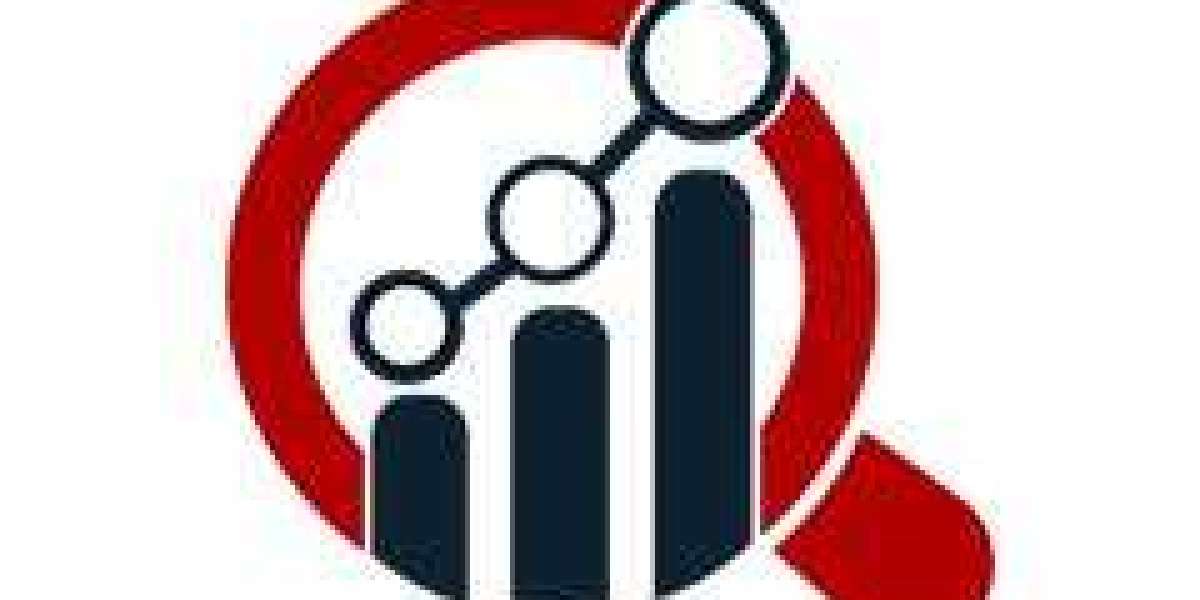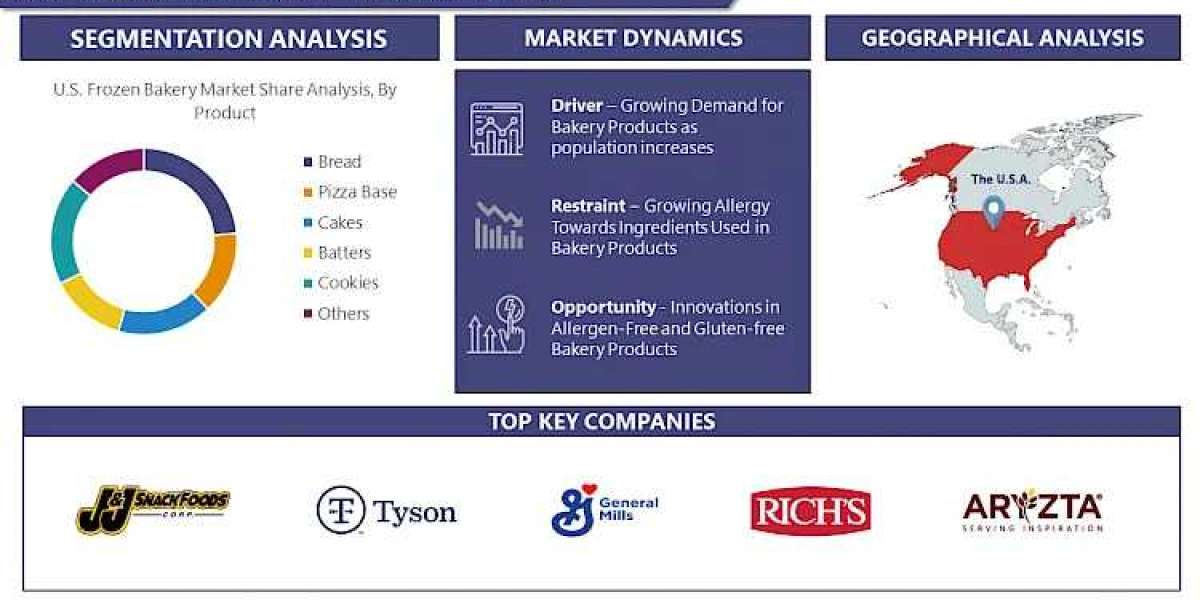Global Biologic Therapy Market to Grow Healthily over 2023
Biologic therapy is gaining traction. According to a report published by Market Research Future (MRFR), the global biologic therapy market size is set to reach USD 288.03 billion by 2030 at a CAGR 8.20% over the forecast years 2023-2030. Biologic therapy is viewed as an innovative treatment module based on products sourced from living organisms.
Biologic therapy is used to stimulate or suppress the immune system for treatment purposes. The therapy finds application in treatment of diseases such as infection, cancer and several other diseases. Advances in the field of biologic therapeutic is boosting the application scope of biologic therapy. Rising demand for biological and targeted drug therapies is making a positive impact on the global biological therapy market. The RD pipeline for biologic therapy is expected to grow in the future as pharmaceutical companies realise the vast market opportunities.
Global Biologic Therapy Market: Competition Analysis
Global biologic therapy market players include
- Bristol-Myers Squibb,
- Amgen Inc.,
- Eli Lilly,
- Seattle Genetics, Inc.,
- GlaxoSmithKline Plc.,
- Novartis International AG,
- Celgene Corporation and
- Spectrum Pharmaceuticals, Inc.
Global Biologic Therapy Market: Segmental Analysis
MRFR’s report includes a detailed segmental analysis of the market based on therapy, product type, end-user and application. Based on therapy, the market has been segmented into vaccines therapy, cell therapy, protein therapy and others. Based on product type, the market has been segmented into services, instruments and kit and reagents. Based on end-user, the market has been segmented into hospitals and clinic, research centers and speciality centers. Based on application, the market has been segmented into blood and blood-related products testing, tissue and tissue-related products testing, vaccine and therapeutics development, stem cell research and cellular and gene therapy.
Global Biologic Therapy Market: Regional Analysis
On the basis of region, the market has been segmented into North America, Europe, the Middle East Africa (MEA), Latin America and Asia Pacific (APAC). North America represents an important market for biologic therapy. Rising geriatric population, growing cancer prevalence in countries such as the U.S. and Canada are some of the factors supporting the market growth in the region. Data released by United States Census Bureau reveals that the total count of Americans aged 65 and above surpassed 49.2 Mn in 2016. Advanced countries in North America have robust health coverage policies along with a quicker access to latest biologic therapeutics. Many market players operating in North America are focusing on patient-centric products. In addition, companies are focusing on delivering customized therapeutics. High healthcare spending in the region is also influencing the market growth. The Center for Disease Control and Prevention reported that healthcare expenditure in the U.S reach to 3.2 trillion in 2015.
Europe in hold the second spot in the global biologic therapy market in terms of revenue. The market in Europe is expected to exhibit a healthy growth over the next couple of years. The healthcare sector remains focused on innovation and continue to excel in delivering quality care. In addition, presence of an advanced healthcare system is reflecting favourably on the market in the region. Many of the advanced countries in Europe have large pool of geriatric population. Data released by Eurostat revealed that more that 19% of the over population in Europe is aged 65 and above.
Asia Pacific is emerging as a highly attractive market for biologic therapy. It is projected that the market in APAC will demonstrate the fastest growth during the forecast period. Increased occurrence of lifestyle diseases is driving the demand for biologic therapy. Rising healthcare expenditure, increased awareness level and improving healthcare infrastructure are some of the key factors influencing the market in APAC.
The market in MEA is expected to witness a relatively slower growth during the forecast period. This is mainly owing low penetration and limited access. However, increased efforts towards improving healthcare standard in GCC countries is likely to create market opportunities.
Related Report


